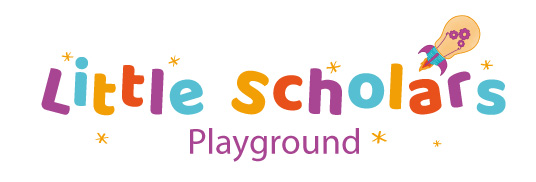5 mins
The threat of closure of Croydon’s Nursery Schools
Croydon’s standalone Nursery Schools are under threat of closure. The future of these Nursery Schools is currently being considered as part of a consultation around the future of Croydon’s maintained nurseries (local authority run nurseries). Our own daughter attends one of these maintained nurseries. She attended a private nursery from the age of 14 months until the age of 3 years. We became unhappy with this private nursery. The constant staff turnover, minimal stimulation for our daughter, unqualified staff, lack of developmental feedback and lack of care began to take its toll. So we decided to move her to the Ofsted rated outstanding maintained Nursery School that she goes to today. She now has a record of achievement folder, which is regularly updated and her key worker is a qualified teacher. Her development has exceeded our expectation and part of that is because of her nursery. We were even told in the summer during playscheme by a few of the staff members at the nursery that she is ready for Primary School (even though she is not due to start Reception until September 2024) and we were also told that if we lived in America, she would have been moved up a year.
The impact that maintained nurseries have on the education sector
Maintained Nursery Schools are local authority funded schools, with a headteacher and qualified teachers leading a team of specialist early years practitioners. They provide education for children aged 2-5-year-olds. There are now less than 400 remaining in England. 98% of them are rated good or outstanding by Ofsted, a standard that is unmatched by any other part of the education sector. Below are just a few of the benefits of maintained nursery schools:
- Unlike private nurseries, they have a unique pool of expertise in supporting children with SEND. They often take children whom other settings do not have the resources or expertise to support.
- They have a huge impact on young lives: 64% are in the 30% most deprived areas of England, and because of the quality of education they offer (62% are graded Outstanding by Ofsted) they help to bridge the gap between disadvantaged children and their peers.
- The whole early years sector benefits from the expertise of maintained nursery schools. They act as catalysts to raise standards in their local community, through supporting schools and early years settings to work together to improve their quality, including through a network of Early Years Teaching Schools.
- They help to provide a space for children with the greatest need. They work closely with health and social care to meet the needs of vulnerable children and families and offer a much needed family support system within the nursery school and support many children in need who are increasingly not picked up by other services.
- Playschemes and wrap around care. Many provide affordable school holiday playschemes and breakfast and after school clubs for children up to the age of 8 years.
- They’re substantially cheaper than private nurseries. Yet provide a higher standard of early years education.
“No other part of the education sector is as highly rated as maintained nurseries, and yet no other part of the sector faces a less certain future”
How you can help to save Croydon’s maintained Nursery Schools
Croydon Council are asking for your views on a proposal for the future of Croydon’s Maintained Nursery Schools (local authority run nurseries). All responses will help the Executive Mayor of Croydon in Cabinet to understand the impacts of the proposal and make an informed decision on whether to close these nurseries. Please have your say by Tuesday 17th October 2023 (your child does not have to be in a maintained nursery):
Have your say: https://www.getinvolved.croydon.gov.uk/mns/survey_tools/croydon-maintained-nursery-schools-survey
More info: https://www.getinvolved.croydon.gov.uk/mns.
Natalie
info@littlescholarsplayground.com
Author
Natalie is the co-founder and illustrator at Little Scholars Playground. She is passionate about literacy, learning, illustrating, women in STEM and the Montessori practice.




